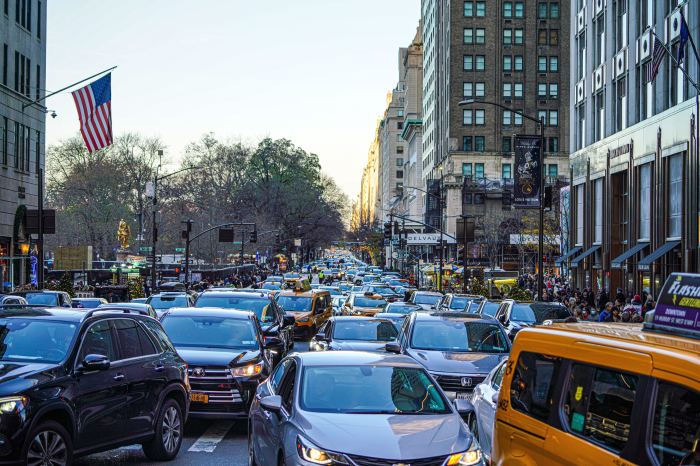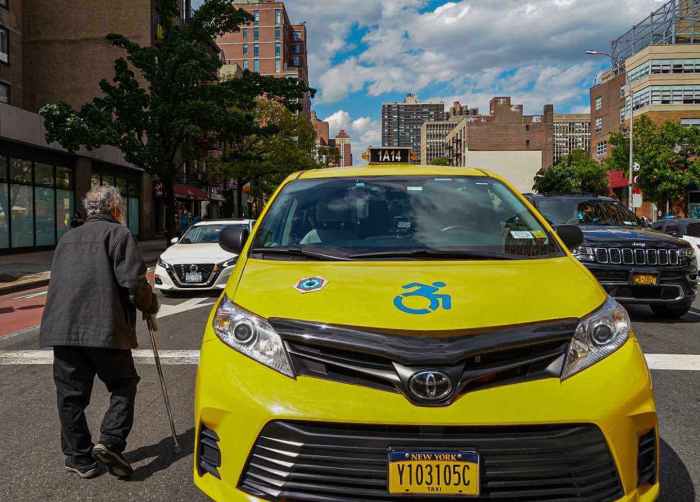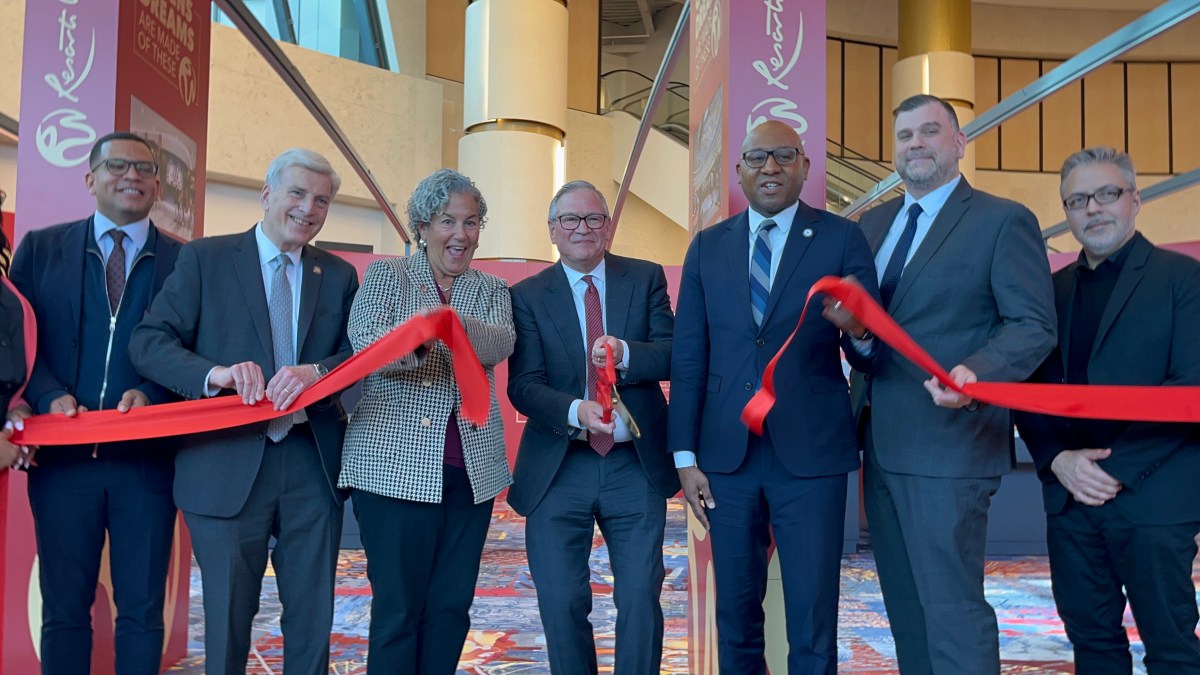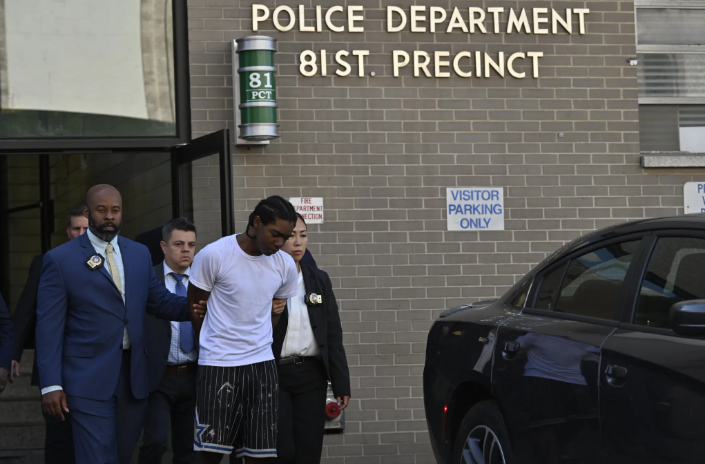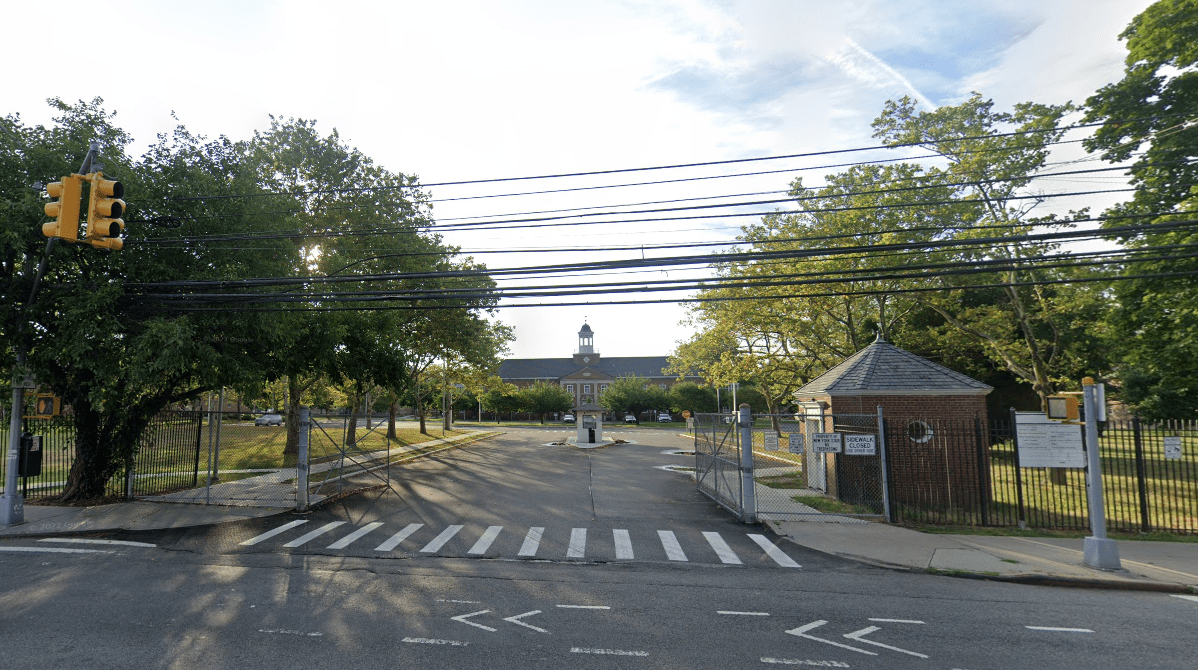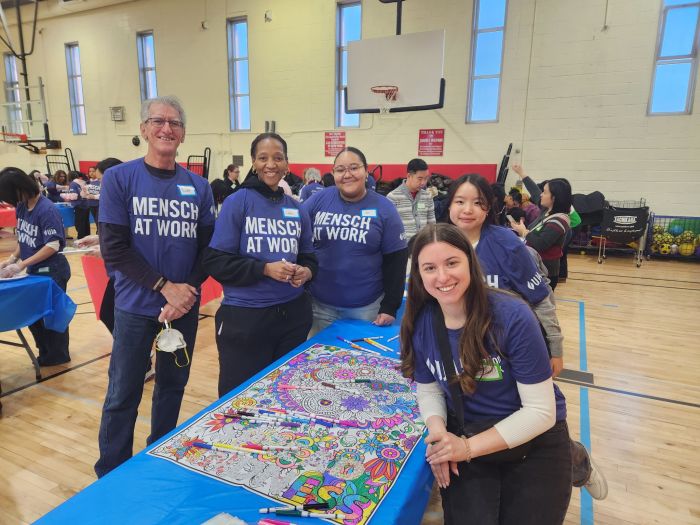
The MTA is eyeing the city’s subway and bus system for cuts in its deficit-plagued capital plan, which funds big projects like the Second Avenue Subway, officials said Monday.
Mayor Bill de Blasio’s administration and rider advocates criticized the idea. The state-run authority has been feuding with City Hall over how much the city will pay for its capital plan.
“What we are looking at is the urban portion of it, New York City Transit,” said chairman Thomas Prendergast, during an MTA finance meeting.
He said cuts to expansion of the subway system would be favored over improvements that keep it in good repair.
“I think it is punitive and pretty divisive,” said DOT Commissioner Polly Trottenberg, who sits on the MTA board. “I would like to see them do a regional scenario.”
MTA official Jeffrey Kay, who was nominated to the board by former Mayor Michael Bloomberg, also pushed for any cuts to the capital plan to be spread — and not just targeted at the city’s transit system.
“We’ve always looked at this from a very regional perspective,” he said. “The capital plan is the biggest political game unfortunately in Albany. At the end of the day, we have to support the riders.”
Earlier this year, the MTA asked City Hall for almost $660 million, then stepped it up to $3.2 billion when there was still a large deficit. The state has pledged $8.3 billion, but has been vague about where it will come from. A review board has to approve $26.8 billion of the plan, which isn’t paid for by bridge and tunnel tolls.
Prendergast then said Monday he didn’t have a problem telling staff to look at regional scenarios. “We can do that, and I can direct them to do that,” he said. “And we can take it up for discussion if that’s the interest of the board.”
A spokeswoman for the mayor ripped what the chairman said earlier during the meeting.
“Any talk of cutting funds from the capital program before these key issues are addressed would be premature, divisive, and irresponsible political game-playing,” saidAmy Spitalnick, the mayor’s spokeswoman. “The city is ready to have meaningful conversations about the future of our transit system, but first the state must meet its basic responsibility of governing and operating the MTA.”
Riders’ advocates also condemned the politicization of the capital plan.
“The governor and the mayor are using the MTA as another battleground,” said John Raskin of the Riders Alliance. “Instead, they both need to tell riders how much they’re going to pony up for public transit, and where the money will come from.”




